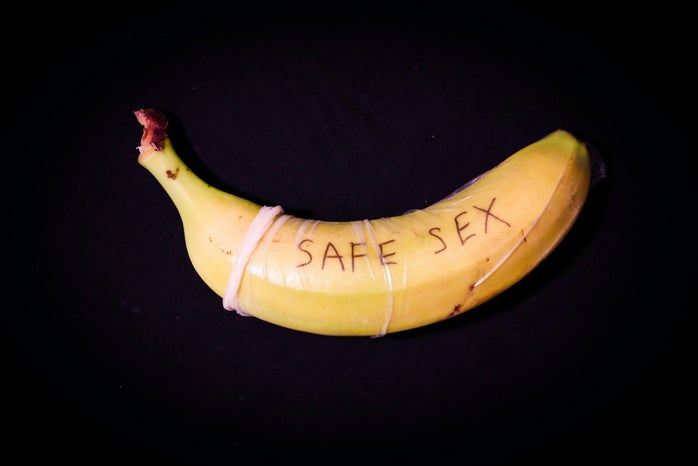Background on Virginity
Dating back to its Latin roots, the original definition for “virgin” was synonymous with female strength, skill, and force. The phrase “virile” was later created for men to emphasize the same self-sufficiency and personal sovereignty that women did. The definition presented is drastically different from the definition of “virgin” we are so used to today, meaning free from contamination and sexual impurities. The reason for this shift in the definition is based heavily on religious beliefs and the biblical principle that the Virgin Mary needed a pure womb to birth Jesus. This idea has remained for centuries. The fact that the definition of what a virgin is and the importance of virginity has been changing as culture changes reinforce the idea that it is first and foremost, a social construct.
Addressing Hymen Myths
Like myself, many of us grew up with the belief that the hymen was a way to prove virginity when this obviously isn’t the case. Harmful rumors surrounding intercourse and the hymen have been circulating for years. The idea that a woman “loses” her virginity once her hymen breaks and bleeds is a defeating notion that simply is untrue. Other anatomical myths include the hymen completely diminishing following the first time a woman has sex, instilling fear that it is some sort of life-altering activity. In many cultures, it is normal for a woman’s genitals, specifically the hymen, to be inspected either before, during, or after intercourse in order to confirm the “purity” of that woman in a process known as virginity testing. There are many ways that the hymen can get broken through various activities such as sports, tampon use, or sexual activity, and contrary to all the fabrication, the hymen does not even need to bleed when/if it gets broken. If medical professionals have known that these beliefs have been false for years, why have the rumors continued to circulate throughout our society?
Virginity: Favoring the Patriarchy and Heteronormativity
The idea of sterility among our women has been sustained as a means to oppress female sexuality. It reinforces the thought that women are created as sexual objects where our value is based on how pure we are. Many men do not face the same cultural criticism that women do when it comes to having sex for the first time. In fact, there is typically a lot of praise to men who are considered “players” and who “sleep around.” Women are constantly being condemned for their sexuality. They are placed inside a box of sexual archetypes where, if they never have sex or wait too long, they are considered “virgins” or “prudes”. If they embrace their sexuality and have sex often, they are told they are “whores” or “sluts”. Treating men and women differently when it comes to the exact same activity creates a devastating double standard that needs to be challenged.
Sexuality is a spectrum, and much of the sex education we received in school neglected to inform members of the LGBTQ community how to practice safe sex. Nearly all of these myths were created in favor of a heteronormative society, and can create confusion and misinformation about how to have sex for the first time for the “right way”. Spoiler Alert! There is no “right way”! Having sex for the first time is a personal boundary, for many people, losing their virginity can mean either manual sex, oral sex, or penetrative sex (either vaginally or anally) and it is fully alright to have sex differently than what has been advertised.
What Has Been Lost?
Despite all the virginity lies we have been told, nothing is really lost when you have sex for the first time. It is not damaging, it does not make you any less of a respectable person, and you sure as hell do not become any less valuable. If anything, having sex for the first time should be an activity of empowerment, growth, and maturity. It is important to emphasize that having sex should be treated as a chance to foster a healthy sexual relationship with yourself and others and not something that should be feared.
Reclaiming Virginity for Survivors of Sexual Abuse
Understanding that virginity is a social construct, and it is something that cannot truly be lost provides a lot of hope for survivors of any sort of sexual trauma and abuse. Unfortunately enough, not everyone “loses” their virginity to the person they want to, and this can create a lot of internal struggle and doubts about self-worth. It is vital to be aware that virginity is completely up to the boundaries of the individual. Your body is fundamentally your own and it is fully acceptable to create your own rules regarding virginity to fit your own personal story. It is fully acceptable to reclaim your own virginity.
1-800-656-4673: National Sexual Assault Hotline




